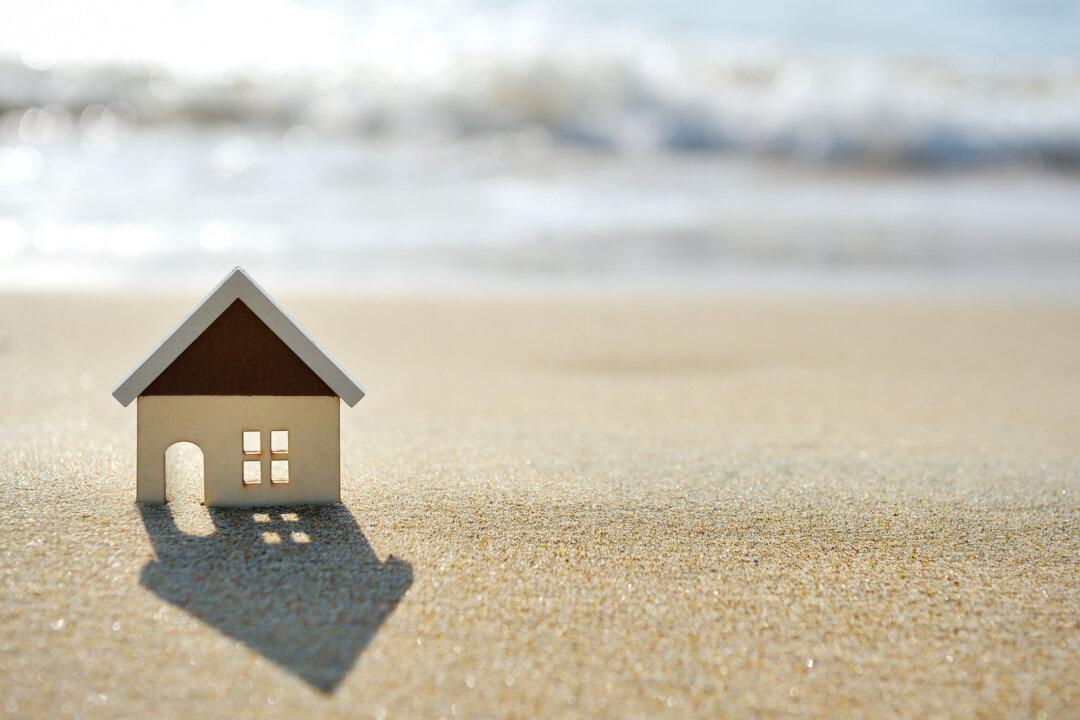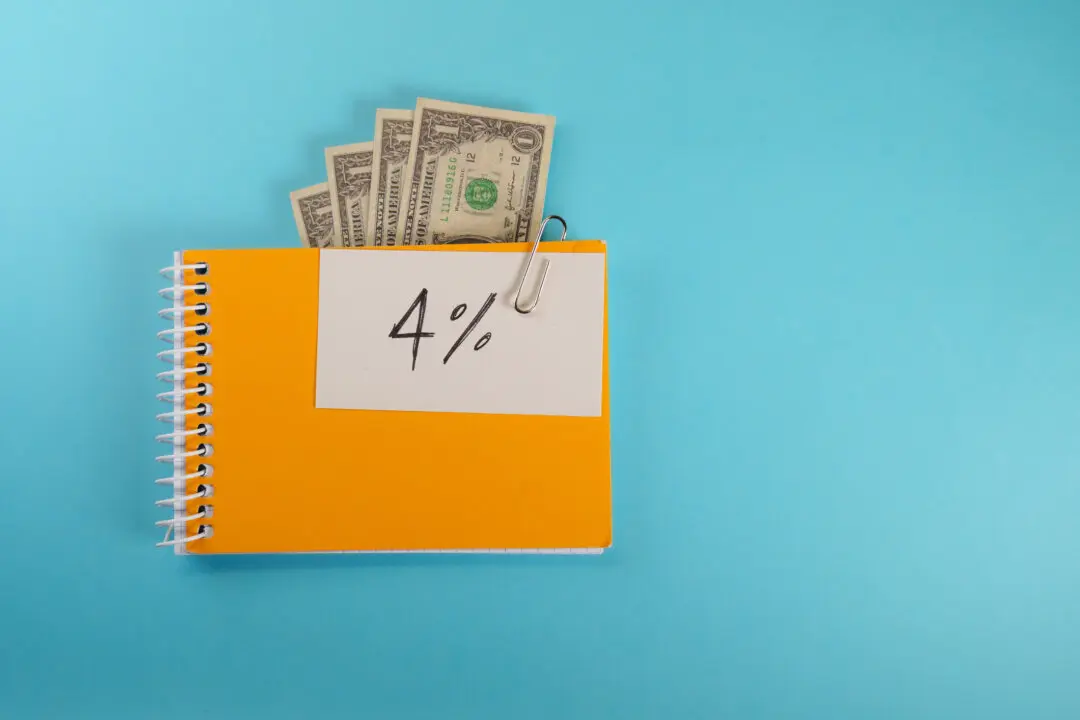By John Waggoner
From Kiplinger’s Personal Finance
When Aimee LaMont and her husband, Ray Struble, sold their rental house in Fairfax, Virginia, they got a six-figure surprise from their accountant. “We got a good-size tax bill,” says LaMont. And how: They paid about $172,000, she says.






